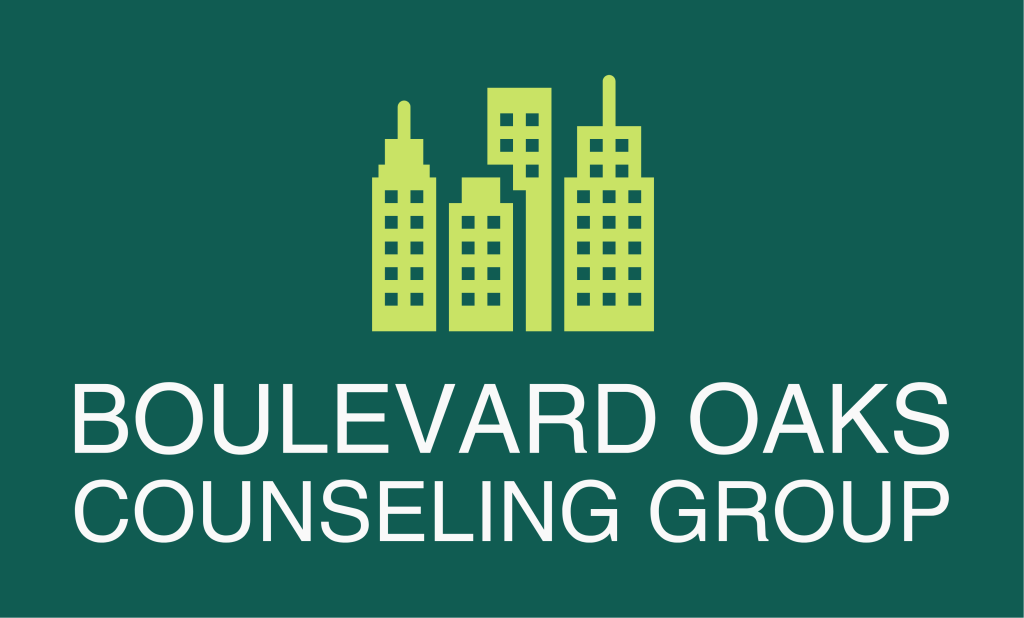In human experience, depression emerges not as a mere flaw in our emotional machinery, but as a profound signal that something is wrong. Some might argue it’s a relic of adaptations gone awry in the modern world. Drawing from the knowledge of positive psychology and cognitive science, we can see depression as a state where the mind’s natural negativity bias spirals out of control, trapping us in a cycle of rumination and despair. It’s like being lost in a dense forest, or in a fog, obscuring the paths to joy and connection that past people relied upon for survival. As a therapist, I’ve witnessed how this condition isn’t just sadness amplified; it’s a wholesale dimming of life’s colors, where motivation evaporates and the simplest tasks feel impossible.
The toll depression exacts on individuals is both insidious and far-reaching, eroding not only mental health but the very foundations of daily life. Clients often describe a pervasive numbness that severs bonds with loved ones, turning close relationships into distant echoes, much like how a drought starves a once-fertile garden. Physically, it manifests in disrupted sleep, appetite changes, low energy, while cognitively, it fogs decision-making and self-worth, leading to isolation that compounds the suffering. In my practice, I’ve seen how this ripple effect extends to work performance and personal aspirations, creating a feedback loop where small setbacks balloon into insurmountable barriers.
Yet, hope lies in evidence-based treatments that harness the brain’s remarkable plasticity, offering tools to rewrite our inner narratives and reclaim agency. Cognitive Behavioral Therapy (CBT), backed by decades of rigorous research, stands as a cornerstone, teaching patients to challenge distorted thoughts and beliefs. For those needing pharmacological support, selective serotonin reuptake inhibitors (SSRIs or SNRIs) can recalibrate neural pathways, often most powerful when combined with therapy. As we draw from these scientifically validated approaches, remember that healing is a journey of small, deliberate steps empowering us to emerge stronger and more resilient.

